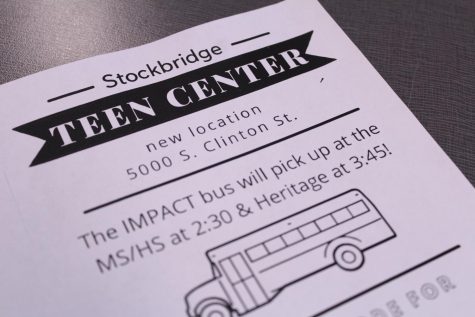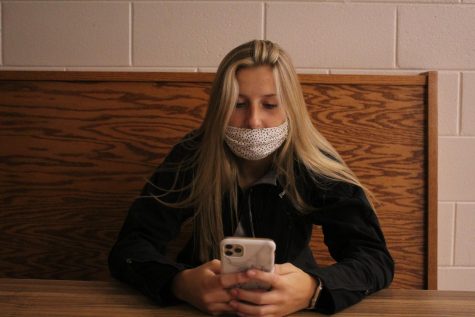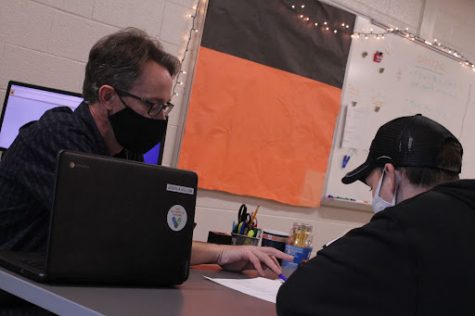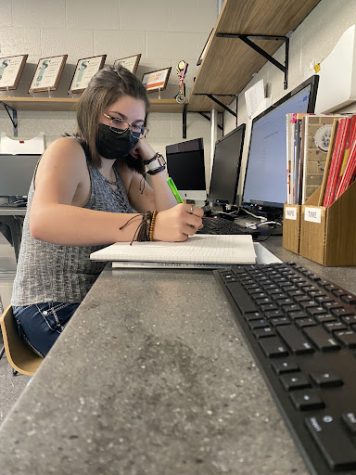Every 52 minutes
Drunk driving accidents occur at a pace of once almost every hour
Almost another hour goes by and another person dies. By the end of the day, 28 people are dead. By the end of the week, 196 people are dead. These numbers add up, and by the end of the year, more than 10,000 people die a year from drunk driving in the U.S.
The Center for Disease Control (CDC) reports that, on average, a person drives drunk at least 80 times before a first arrest. Drunk driving alone is responsible for injuries every 2 minutes throughout the United States.
Senior Makayla Gradowski recognizes the effects that drunk driving has on someone’s own life, but on others as well.
“It’s ridiculous because reckless people make reckless decisions that affect others for the rest of their lives, and it can be avoided,” Gradowski said. “Drunk driving isn’t your only option.”
Depending where, there are multiple ways to prevent drinking and driving, besides to simply not consume alcohol. Mobile hail companies such as Uber will pick up people whenever needed.
“Give your keys to someone, or have a designated driver,” junior Destiny Allard said.
Students not only have faced drinking and driving, but they have witnessed people in their lives who have drank and drove before, and all experiences have had a significant impact.
“I see someone close to me drink and drive all the time, and I never want to do that because it affects the people that care about them,” said junior Shawnacee Dillay.
Drinking and driving has serious effects on the offender’s lifestyle.
According to the Edgar Snyer and Associates law firm, 75 percent of high school seniors drink alcohol.
“I have had an experience with drunk driving,” Stockbridge senior Micah Rickerd said. “You’d think it would affect me in my academics, like after my experience with it, I would drop out of school. It has had more of an emotional toll. My parents and I don’t get along, though my parents still love me, no doubt.”
The severity of the expenses of drinking and driving isn’t known amongst most students.
Not only does Rickerd face emotional stress, the costs of his situation were significant as well.
“I have had to pay $3,116 in costs so far. That includes my court costs, my lawyer and other things. I also have to pay higher insurance and another thousand just to the Secretary of the State as a fine. I had to pay $500 last year, and I have to pay $500 again this year. That’s almost $5,000 at least down the drain for a stupid mistake. Was it worth it? Absolutely not. I would take that experience back in a heartbeat.”
According to Mothers Against Drunk Driving (MADD), typical effects from being intoxicated at the maximum limit of Blood Alcohol Concentration (BAC), which is .08, including concentration problems, short term memory loss, speed control and reaction time, all of which could affect someone’s driving capabilities, and possibly take another person’s life.
“If I had hit someone, I would feel really bad. I don’t know if I could even forgive myself for doing something like that. At the time I was when I was experiencing it, I never thought anything would happen. I never expected an officer to catch us in the act,” Rickerd recounted.
Driving under the influence, or a DUI, can very seriously harm a person’s future. Long-term effects include background checks performed by future employers and possibly the termination of employment, the raise in auto insurance rates, and, possibly, the revocation of the person’s driver’s license.
“It has definitely opened my eyes for how serious of a consequence it is. I am not ‘gonna say we all do it, but there is a big group of us who do [drink and drive], and we think that it might be okay to drive home if you don’t live that far, but you don’t really understand the penalties and how serious it is. In our minds we always think we aren’t gonna get caught,” Rickerd said.
After Rickerd’s situation, he thought about his actions and the effect that it might have on his future and his family.
“I remember thinking about how am I going to go forward from here. I didn’t know what I was going to do. I was thinking that I was going to have to call my mom and tell her that I am in jail and to come pick me up. I was thinking about college and I wouldn’t be able to go to college and every time I apply for a job I would have to say I was convicted of a misdemeanor, which it was. I was just thinking my life was pretty much not over, but I didn’t think I was gonna be able to achieve what I wanted to because of this experience.”
Situations like Rickerd’s happen more often than some might realize. According to the Center for Disease Control, the risk of being in a fatal drunk driving accident at all BACs is more prominent among younger people than it is older.
“Since then, I have just continued to being dedicated to my academics and extracurricular activities. I think being part of that stuff has really helped me to change from that experience. I made that mistake, and it was my choice. It was very stupid, no doubt, but I have to live with that. Just like anyone else who made the mistake has to live with it.”

Brianna is in the 12th grade and is an Editor-in-Chief on the Uncaged staff. She is an activist and when she's not in the news room she likes to sing,...

Kaylee is an Editor-in-Chief on staff. She's in 12th grade and in her spare time she likes spending time with her dog, long walks on the beach, and drives...








